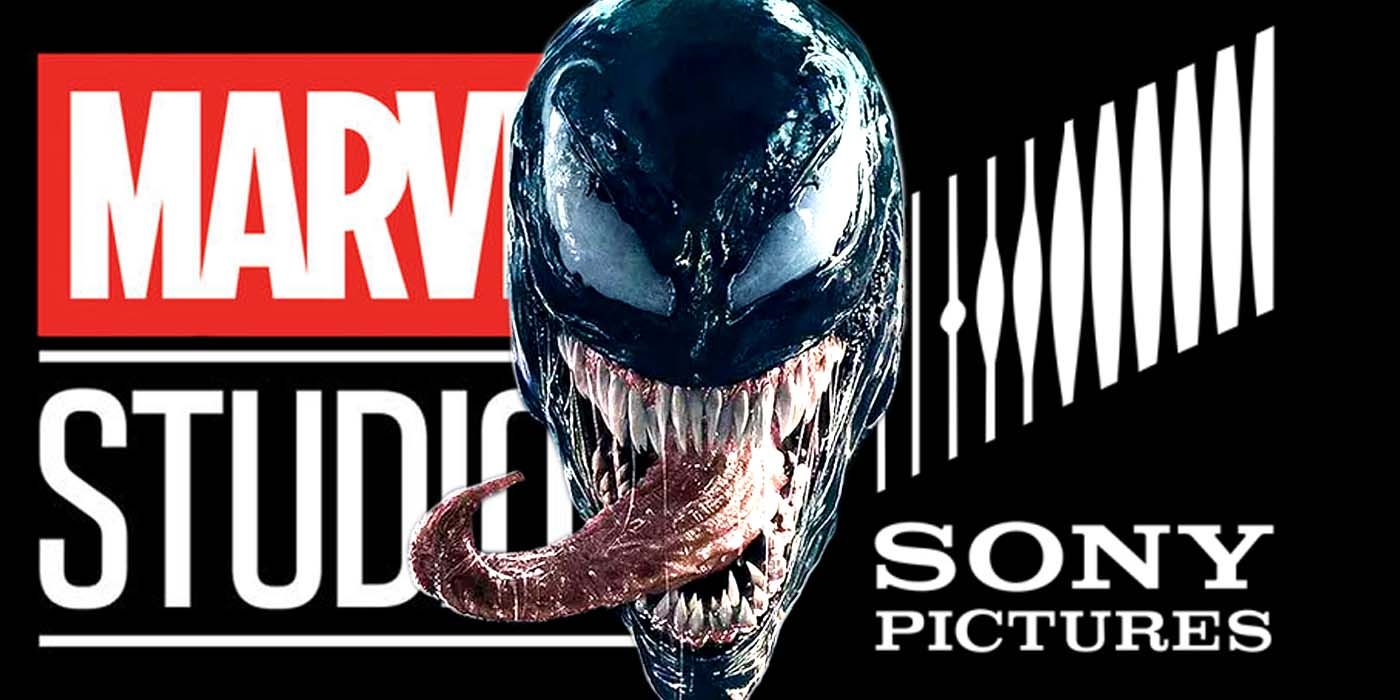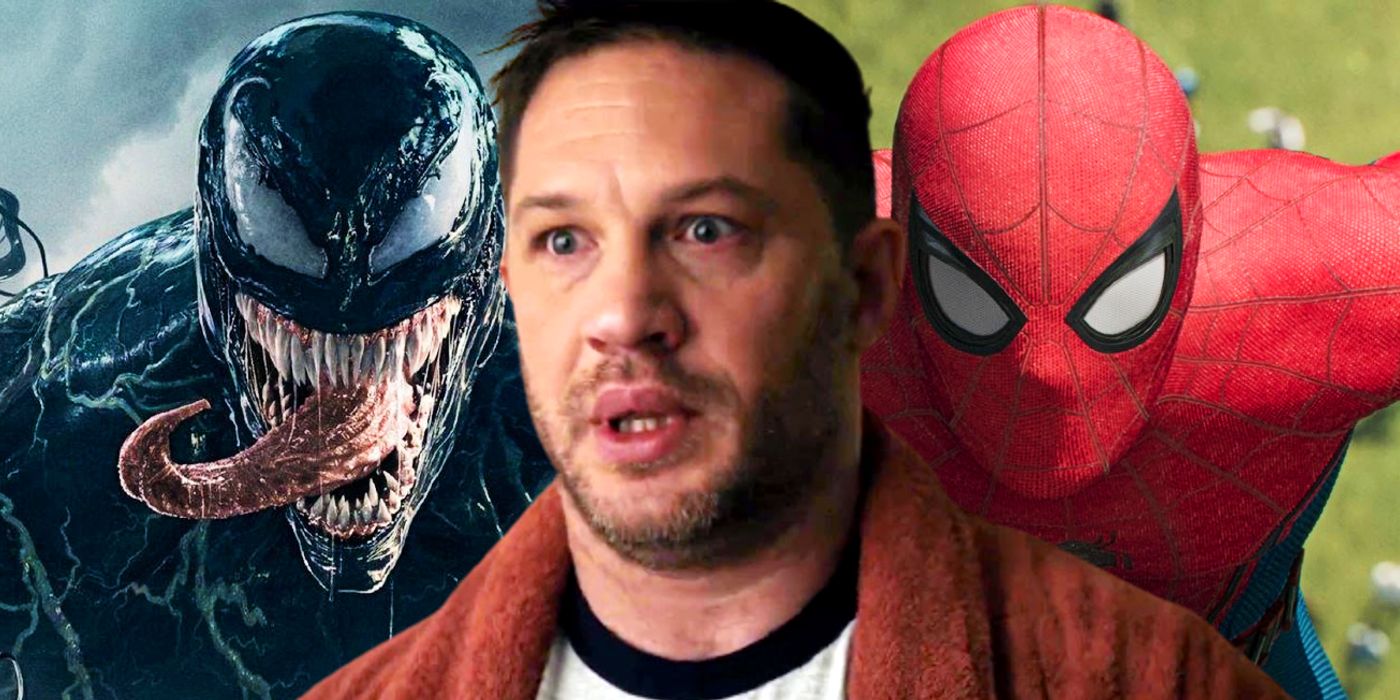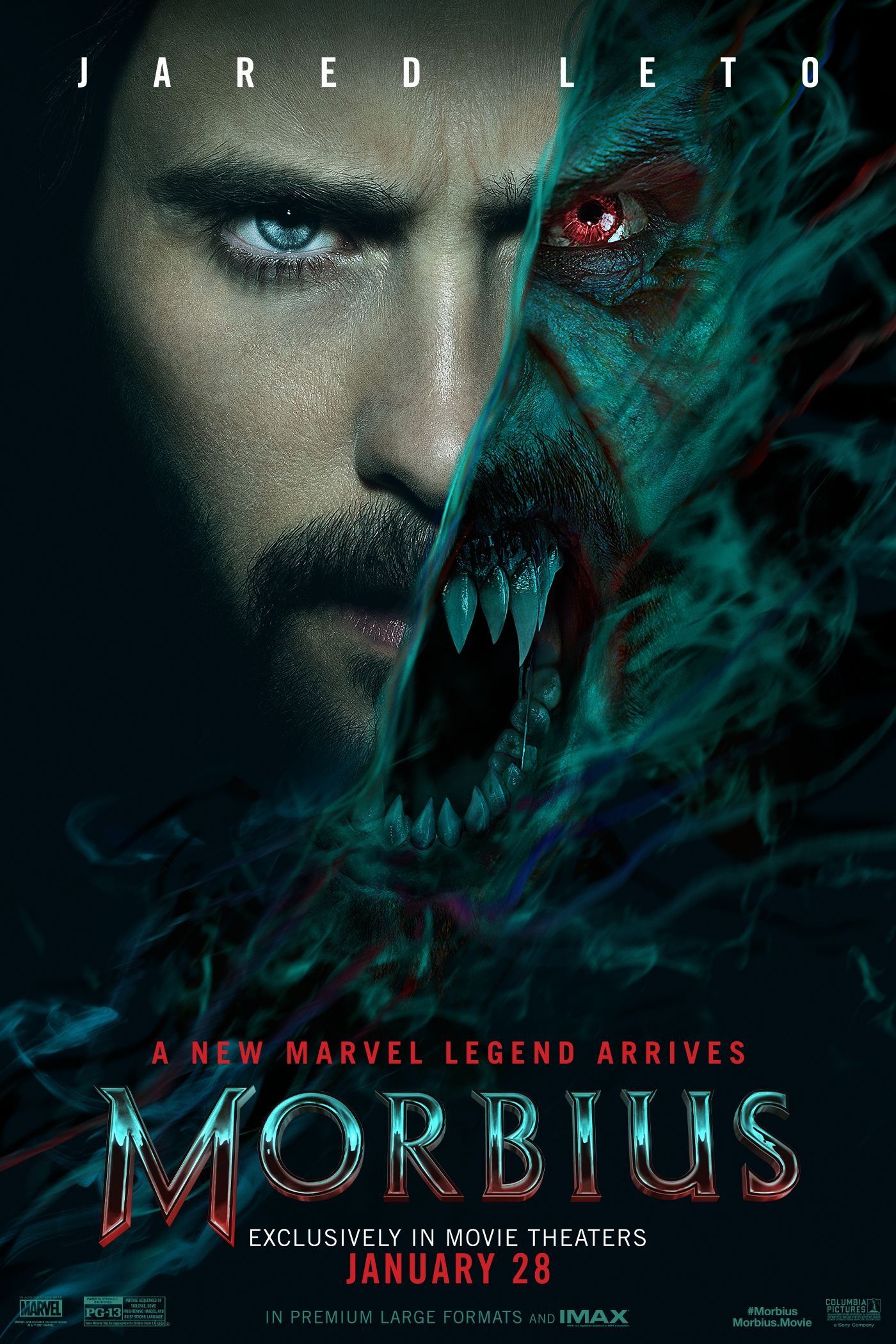Warning! SPOILERS ahead for Venom: Let There Be Carnage.
The surprising post-credits scene of Venom: Let There Be Carnage proves that Sony got the better end of the deal in its amended Spider-Man deal agreement with Marvel Studios. On the heels of the success of Spider-Man: Far From Home in 2019, news broke out that the agreement to share the rights of the web-slinger hero had come to an end. It meant that Tom Holland's Peter Parker would be pulled out of the Marvel Cinematic Universe, which understandably worried fans, as well as the filmmakers actually involved in the matter.
For a while, Spider-Man's cinematic fate was in limbo. Fortunately, against all odds, Sony and Marvel Studios were able to draft a new deal that would keep the character in the MCU. Unlike their first agreement, however, the terms of the renegotiations have been mostly kept a secret. However, the key takeaway from it was that Marvel Studios will produce at least two more films with Holland's Spider-Man — one of which is Spider-Man: No Way Home, while the other is a currently untitled project. Sony, on the other hand, will retain access to the character, with the press release hinting at the webslinger potentially appearing in Sony's own Spider-Man universe kickstarted by Venom in 2018.
Now, however, it's become clear that Sony got the better bargain out of this new deal, as evidenced by Venom: Let There Be Carnage's post-credits scene. In the buzz-worthy stinger, Eddie Brock (Tom Hardy) and Venom were watching TV when the latter offered to share the vast knowledge he has thanks to the symbiote hivemind. Suddenly, their environment started to change, and when Eddie re-emerged, he's in a much nicer hotel room, with the TV broadcasting J. Jonah Jameson's (J.K. Simmons) report about Spider-Man's real identity in Spider-Man: Far From Home. This effectively connects Sony's Spider-Man universe to the MCU — a contentious topic ever since the original agreement was ratified back in 2015. It can be remembered that in 2017, Sony former executive Amy Pascal claimed that Venom was adjunct to the MCU. Marvel Studios countered this, saying that they were separated, and there were no plans of a crossover between Venom and Spider-Man.
Fast forward to 2021, things have significantly changed. Aside from Venom: Let There Be Carnage's post-credits scene, the story of Spider-Man: No Way Home is also an indication that Sony ultimately got what they wanted from their revised partnership with Marvel Studios. Spider-Man: Far From Home was setting up an entirely different story: the threequel was going to deal with the repercussions of the hero's real identity being outed. Granted that the upcoming Jon Watts film is still able to incorporate this plotline, this is no longer its primary narrative. Instead, it focuses on the multiverse with the potential appearance from previous Spider-Man incarnations, further establishing the connection between Sony's movies and the MCU. This creative redirection may have very well been motivated by Sony and Marvel Studios' new deal, as well. Fans who couldn’t be bothered by it are now somehow compelled to care about Sony’s franchise since it’s related to the more popular MCU.
Fortunately for the MCU, the existence of the multiverse allows it to keep the Sacred Timeline still separated. This way, Marvel Studios remains in total control of what affects its primary continuity. At the same time, selective crossovers with Sony's own burgeoning franchise are possible with realities overlapping with each other as what potentially happened in Venom: Let There Be Carnage's post-credits scene. What's curious now is if Spider-Man: No Way Home deals with what happened in the latest stinger, or if it's a setup for an entirely different movie.









